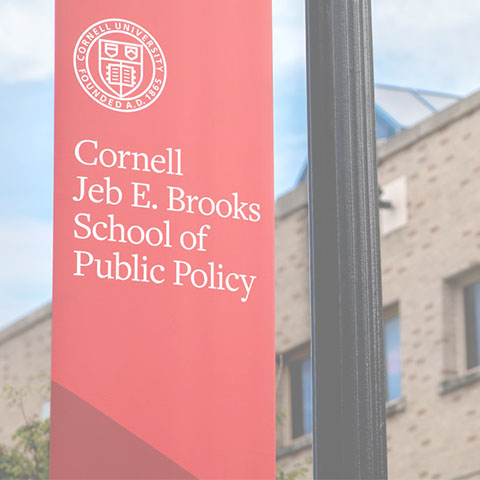Concentrations
Data Science
Develop the capacity to apply advanced data science techniques to analyzing public affairs problems and gain a cutting-edge understanding of current challenges and opportunities surrounding data science in a public sector context.
Data Science ConcentrationEconomic Policy
Explore how public policy affects economic and financial decision-making in international organizations, federal/state/local offices, non-governmental organizations, and the private sector.
Economic Policy ConcentrationEnvironmental and Sustainability Policy
Master coordinating, leading, and managing teams of specialists to develop and implement environmental management plans and policies.
Learn more about Environmental and Sustainability PolicyInternational Policy and Management
Gain a high-level understanding of the role of international organizations in global policy and politics, how these organizations interact with each other and with non-governmental organizations, and best practices in affecting change on a global scale.
International Policy and Management ConcentrationPublic and Nonprofit Management
Acquire a strong set of budgeting, investment, debt financing, and data-driven analytical skills as well as managerial skills including negotiations, leadership, staffing, and compensation.
Public and Nonprofit Management ConcentrationScience and Technology Policy
Develop the capacity to lead, coordinate, and utilize inputs from teams of specialists to make and shape policy around disruptive and transformative technologies.
Science and Technology Policy ConcentrationSocial Policy: Health, Education, and Inequality
Learn the tools and policy history necessary to design, manage, and evaluate public sector programs across various policy areas, including health, education, child and family policy, housing and urban policy, welfare, and transfer programs.
Social Policy: Health, Education, and Inequality Concentration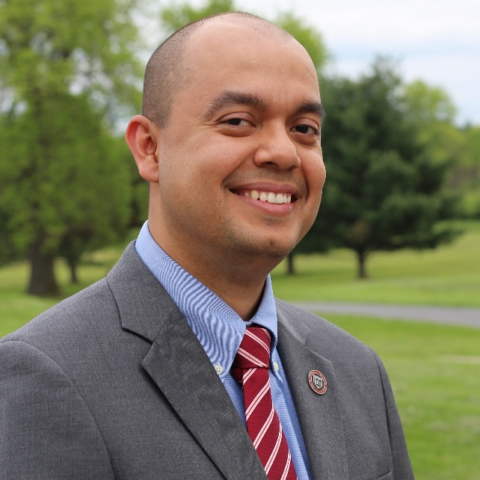
I came to the MPA Program with the career goal of serving in a federal government agency, so that I could help underserved communities in the U.S. and/or abroad. The Washington Externship program gave me the opportunity to work with Foreign Affairs and Foreign Service Officers at the State Department—people who formulated policies to fight human trafficking and poverty, and promoted economic development and adapted to political changes within the Western Hemisphere.
– Mauricio Cortes ’17
Benefits of Getting an MPA at the Brooks School
Grounded in experiential learning
This is a degree where you make an immediate impact through consulting/advisory opportunities, internships, externships, graduate certificates, and capstone projects.
Get your foot in the door
Career management and professional development starts before you step foot on campus to help you connect with our alumni community and network with cutting edge organizations in the field.
Complicated public policy problems don’t wait
Public policy challenges don’t wait for the sharpest minds in the field to finish graduate programs; spend a semester off-campus living, working, and making an impact in real-time as part of a rigorous externship semester program.
The biggest policy challenges we face are inherently interdisciplinary
The biggest public policy challenges we face as a global community, including climate change, poverty, and inequality are inherently multifaceted. With an interdisciplinary curriculum, our students have access to faculty and practitioners across Cornell.
Our beautiful campus is located in Ithaca, New York
Our program is located in one of the best college towns in the nation; Ithaca, New York. Enjoy a higher quality of living in the scenic Finger Lakes Region, a diverse community, and dynamic downtown.

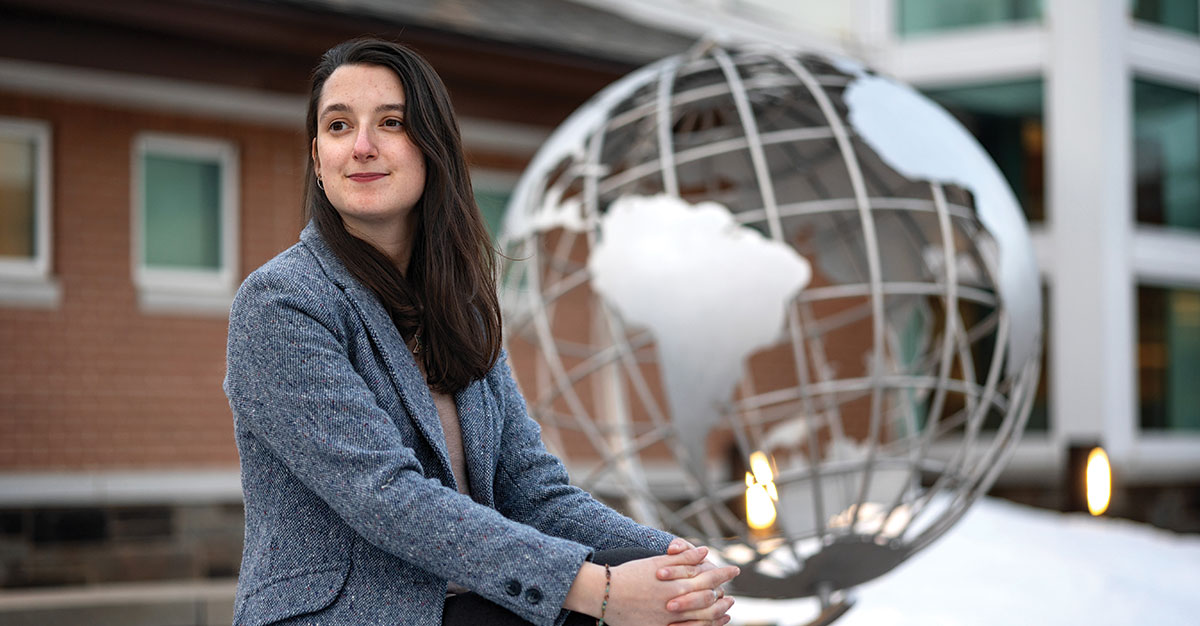



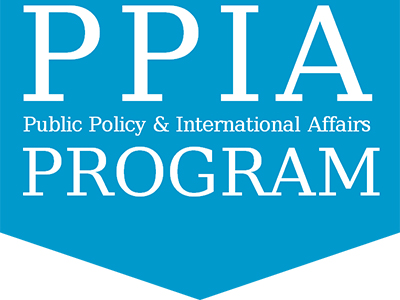

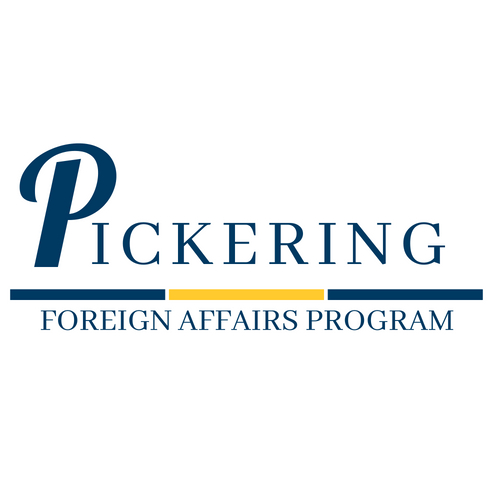
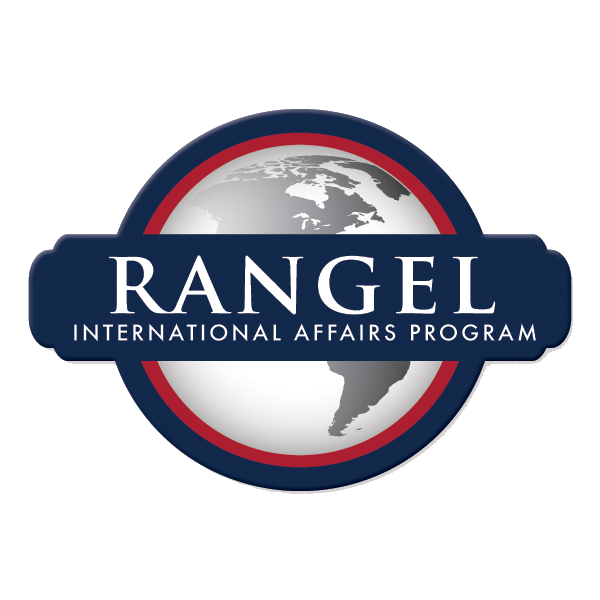
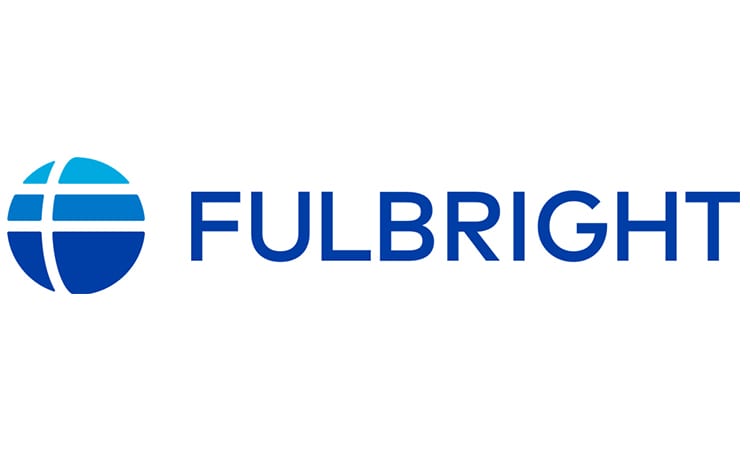
 Prospective MPA Students
Prospective MPA Students

 From EMPA to Impact: Walisha's Journey to Fee
From EMPA to Impact: Walisha's Journey to Fee
 Applying for the Cornell Brooks School MPA
Applying for the Cornell Brooks School MPA
